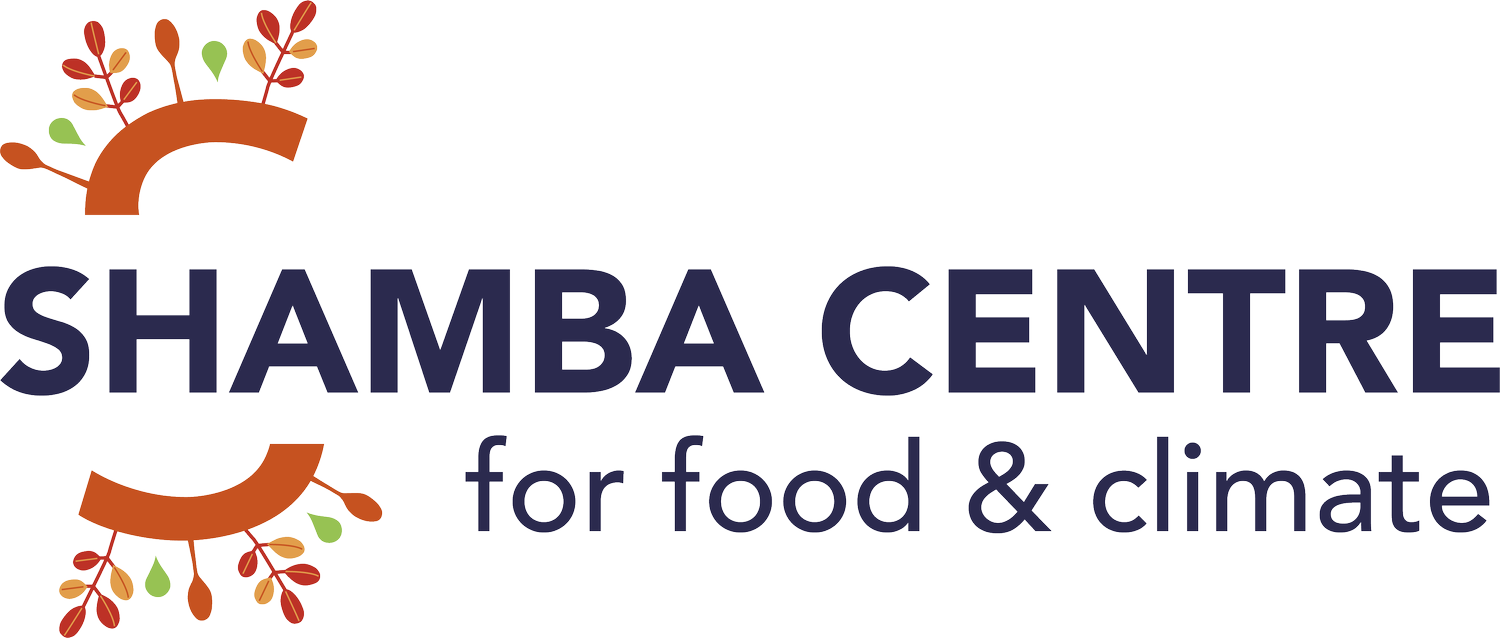Advancing the medium and long-term response to food system shocks
Advancing the medium and long-term response to the Global Food Crisis
The Shamba Centre is working with the International Food Policy Research Institute (IFPRI) to help developing countries anticipate, prepare for, and reduce the impacts of future food system shocks. The project will use evidence and modelling to make the case for reversing the significant underfunding of medium- and long-term investment in agriculture and food systems.
The backdrop to this work is the Russian invasion of Ukraine which has triggered a global food crisis and caused significant increases in the costs of food, fertilizers and energy. As tracked by the FAO Food Price Index, commodity prices were rising steadily before the invasion and reached an all-time high after the invasion in March 2022. Prices of cereals and vegetable oils are reaching levels higher than the 2008/9 global food price crisis (see Figure 1).
We will prioritize countries that are most vulnerable to the current global food crisis and work with governments and development partners to target resources to where they can have the most impact. While focusing on the curbing the immediate crises, our analysis and policy advice is also looking at the longer-term reforms that will build resilient and sustainable food systems that can withstand future shocks. We are grateful to GIZ and IFPRI for their generous contribution to support this work.

